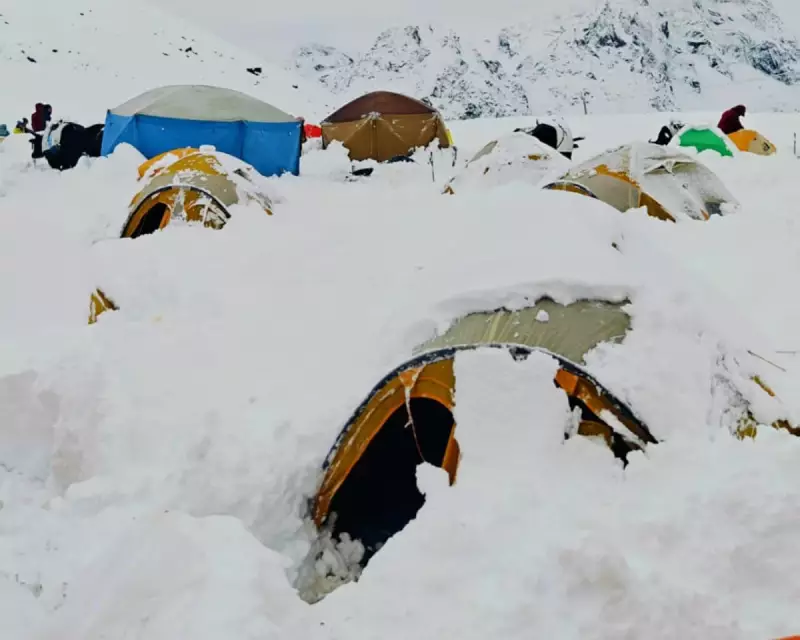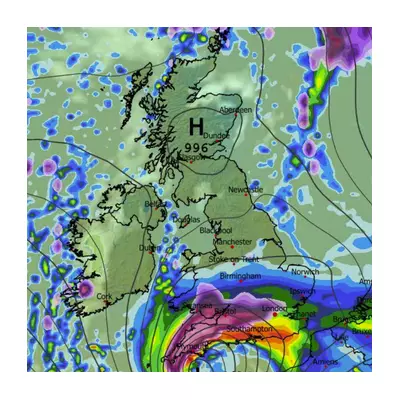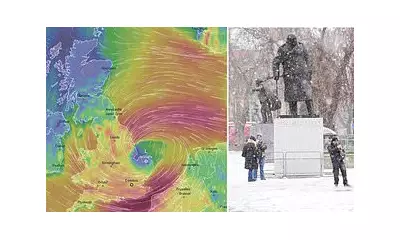
In what rescuers are calling nothing short of miraculous, four adventurous hikers have been dramatically saved from the deadly grip of Mount Everest after becoming trapped in one of the world's most unforgiving environments.
The group, whose Everest dream turned into a survival nightmare, found themselves stranded at a perilous altitude as brutal weather conditions closed in around them. For two agonising days, they battled extreme cold, oxygen deprivation, and the ever-present threat of altitude sickness while rescue teams coordinated one of the most challenging operations in recent memory.
The Descent That Nearly Ended in Tragedy
According to officials from the Department of Tourism, the hikers became trapped during their descent from the mountain's higher reaches. What began as a challenging but manageable expedition quickly escalated into a life-or-death situation as weather deteriorated rapidly, creating white-out conditions that made navigation impossible.
"Their survival is a testament to human resilience," one rescue coordinator told reporters. "The conditions they endured would test even the most experienced climbers."
A Race Against Time and Elements
Rescue teams faced their own battle against the mountain's fury as they launched the dangerous high-altitude operation. Helicopter pilots navigated treacherous winds while ground teams battled thin air and freezing temperatures to reach the stranded group.
The successful rescue required:
- Precise coordination between multiple agencies
- Daring helicopter manoeuvres in dangerous conditions
- Expert medical assessment at extreme altitude
- Rapid evacuation before weather worsened further
Survival Against Impossible Odds
Medical personnel reported that all four hikers showed signs of severe altitude sickness and exposure upon rescue. They were immediately transported to specialised facilities where they received urgent treatment for their conditions.
"Every hour they remained at that elevation increased the risk of permanent damage or worse," explained one medical team member. "Their preparation and decision-making during the crisis undoubtedly contributed to their survival."
The incident serves as a stark reminder of Everest's unpredictable nature, even for those attempting less technical routes. As climbing season continues, authorities have reinforced warnings about the mountain's ever-present dangers and the importance of proper preparation for all who attempt to conquer the world's highest peak.





